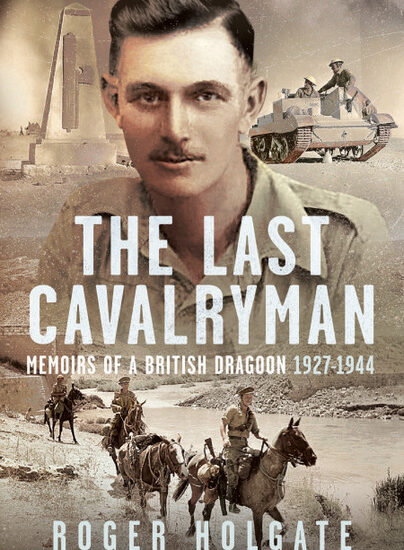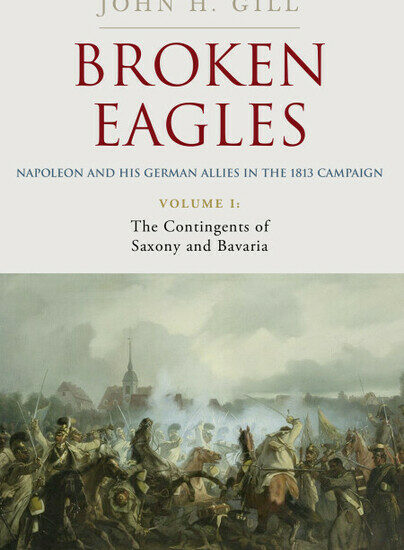Author Guest Post: Louise Wilkinson
Three lesser known Auxiliaries
When we hear about the kinds of men who joined the Auxiliary Air Force prior to the start of war we are often given details of the officers and pilots of 600 (City of London) and 601 (County of London) Squadrons where we hear about Lords and Sirs and many other prominent figures in London society in the 1930s. There were however, many officers and pilots across the country with interesting stories to tell, so here are the stories of three AAF officers that are not as well known.
Roderick Aeneas Chisholm 604 (County of Middlesex) Squadron
Known as Rory Chisholm, he was born on November 23rd 1911, and was educated at Ampleforth College and the Imperial College of Science and Technology where he read chemistry. He joined 604 Squadron in 1931. In his civilian life he worked in the oil industry where he worked in Iran as a research chemist for the Anglo-Iranian Oil Company. When war broke out he was passed fit for flying, and on return to the UK, he re-joined 604 Squadron, who were at this time flying Bristol Beaufighter night fighters. Between 13th March and 9th July 1941 he gained seven confirmed victories, one probable and one damaged, and was awarded the DFC In April 1941, the Bar to the DFC in February 1942 and the DSO.
Citation for the award of the Distinguished Flying Cross.
“Flying Officer Roderick Aeneas CHISHOLM (90233), Auxiliary Air Force, No.604 Squadron.
This officer has completed many hours operational flying at night. He has at all times shown the greatest keenness and determination to seek and destroy the enemy and, during one night in March, 1941, he succeeded in destroying two Heinkel 111’s.” (London Gazette – 11 April 1941)
Citation for the award of the Bar to the Distinguished Flying Cross.
“Acting Squadron Leader Roderick Aeneas CHISHOLM, D.F.C. (90233) Auxiliary Air Force, No.604 Squadron.
Since being awarded the Distinguished Flying Cross in March,1941, this officer has destroyed 5 enemy bombers at night, thus bringing his victories to 7 destroyed. By his exceptional skill, Squadron Leader Chisholm has been largely responsible for the high standard of efficiency shown by his flight.” (London Gazette – 10 February 1942)
Citation for the award of the Distinguished Service Order
“Acting Group Captain Roderick Aeneus CHISHOLM, D.F.C. (90233), Auxiliary Air Force.
This officer has completed an extremely large number of sorties at night during which he has destroyed 9 enemy aircraft. He has displayed exceptional skill and keenness and, both in the air and on the ground, his outstanding qualities and personal example have contributed materially to the efficiency of the unit he commands.”
In early 1942, in March 1942 he was posted to HQ No 81 Group. Here he was responsible for the organisation of the training of night-fighter crews for Fighter Command. Appointed Officer Commanding of the Fighter/Interception Unit at Ford he gained his final two victories, one in July 1943 and the other in November of the same year. Having developed bomber support operations with the FIU, he joined the staff of the newly formed No 100 Group as Senior Air Staff Officer. At the end of the war he undertook the interrogation of Luftwaffe night fighter pilots and he returned to his peace-time employment, as a personnel manager for Kuwait Oil in 1946. He retired in 1970 and died on December 7th 1994 aged 83.

Joseph Robert Kayll DSO, OBE, DFC 607 (County of Durham) Squadron
Born on April 12th 1914 and educated at Aysgarth and Stowe, he worked in the family timber business in Sunderland after leaving school. In 1934 he was commissioned into the AAF, and begun flying with 607 Squadron. He volunteererd for full-time service at the outbreak of war and fought in France until he returned to the UK in early 1940. He was awarded both the DFC and the DSO in 1940, before the Battle of Britain had begun.
Citation for the award of the Distinguished Service Order
“Owing to his inspiring training and leadership this officer’s squadron has destroyed 32 enemy aircraft. The squadron responded to every call made and, in particular, made several important and dangerous reconnaissances for the Army. Squadron Leader Kayll combined flying leadership and administration in an exemplary manner throughout, and destroyed five enemy aircraft, bringing his total to nine.” (London Gazette, May 31st, 1940)
Citation for the award of the Distinguished Flying Cross
“This officer has shown courage and skill in shooting down four enemy patrols.” (London Gazette, 31st May 1940)
In July 1941 he was shot down over France and taken prisoner, being sent to Staleg Luft III, where he took up the role as escape officer. He famously organised the “Wooden Horse” outbreak in which three men escaped to Sweden and England. He organised other breakouts, but stopped after the Great Escape in 1944 when 50 escapees were shot on Hitler’s orders. He was appointed OBE in 1945 for his escape work in the camps. He was demobbed in 1946, and immediately re-joined 607 Squadron Royal Auxiliary Air Force as its Commanding Officer. He also re-joined the family timber business. He died on March 3rd 2000, aged 85.

Vaux, Peter Douglas Ord 608 (North Riding) Squadron
Born on November 8th 1913 in Houghton – le -Spring near Sunderland the son of Lt Col Ernest Vaux. He was commissioned into the Auxiliary Air Force in July 1933 and served with 608 (North Riding) Squadron. He was a member of the Vaux brewing family, who owned, trained and rode as an amateur jockey amassing 56 wins in the saddle over jumps between 1935 and 1951. Peter had his first ride under National Hunt rules at Wetherby on Easter Monday, April 22, 1935, finishing unplaced on Operator in the Wilstrop Maiden Hurdle for amateur riders. He achieved his first success later that year at the other end of the country, down at Wye in East Kent, winning the Wye (3yo) Maiden Hurdle aboard Pendragon on October 28, 1935. They won again at Plumpton in December. Four years later, Pendragon would provide Peter with a winner on jump racing’s biggest stage. He had one ride in the Grand National on 100-1 outsider Boy In Blue in 1936 but their adventure was over almost before it had begun with a fall at the very first fence.
Peter enjoyed his most successful season in 1938/39 with nine wins. They included his most prestigious success under rules when winning the Newent Selling Handicap Chase on Pendragon at Cheltenham’s 1939 National Hunt meeting, beating the evergreen 17-year-old Ferrans by 1½ lengths. The following month he rode a winner on both days of Hexham’s ‘Heart of All England’ fixture, returning to the Northumberland track on Whit Monday to land the Dilston Hurdle on Lansdowne Road.
When hostilities ended, he resumed his race-riding exploits, finishing joint third in the 1945/46 amateur riders’ table with seven wins. He rode his last winner on Spangle in the Simonside Cup Amateur Riders’ Hurdle at Rothbury on April 28, 1951, beating the future well-known trainer Ken Oliver aboard the odds-on favourite Stockwhip by eight lengths. He had his final mount on Black Arrow II, a faller in the Heart of All England Hunt Cup Chase on April 30, 1955.
Following his retirement from the saddle he became a Senior Steward of the National Hunt Committee, riding with both the Zetland and Bedale Hunts. When the Farrell-Brookshaw Fund was set up to assist jockeys Paddy Farrell and Tim Brookshaw, who had both broken their backs in falls at Liverpool during the 1963/64 season, Wing-Commander Vaux became one of its original five trustees. He remained in that role when the Farrell-Brookshaw Fund morphed into the Injured National Hunt Jockeys Fund and, subsequently, the Injured Jockeys Fund, remaining on the committee until 1978, when standing down due to other commitments. Wing-Commander Peter Vaux, DSO, died on January 7, 1980, aged 66.

……………………………………………………………………………………………..

Order your copy of The Territorial Air Force here.

